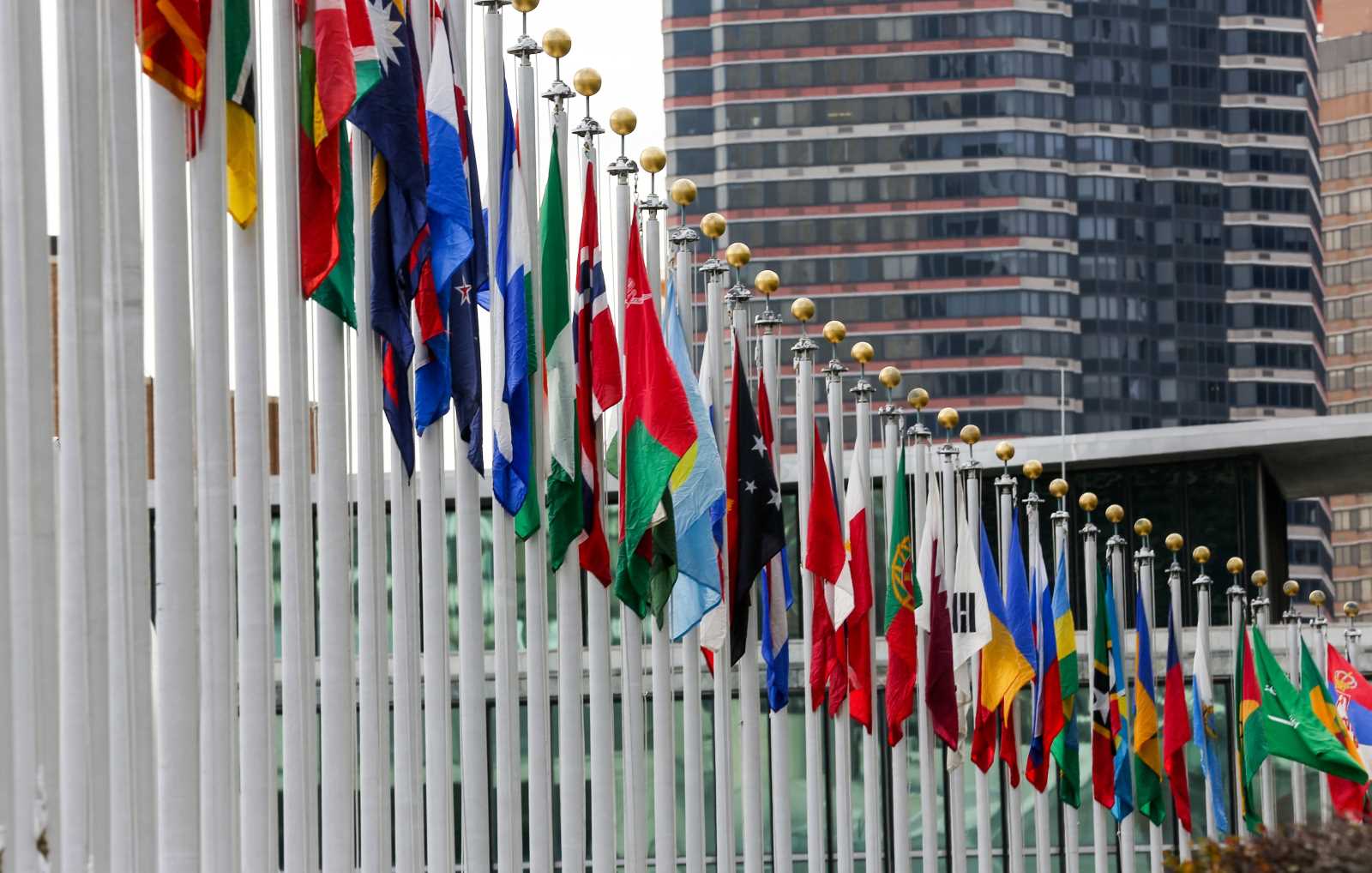World economy
Managing globalisation

Bourguignon is a former chief economist of the World Bank. His academic reputation is based on the research he did on the causes and impacts of poverty. Bourguingon refutes the notion promoted by orthodox economists that redistribution of incomes and wealth thwarts the efficiency of markets. He concedes that this is true of economic models that assume perfect markets. In reality, however, markets are not perfect. Relevant examples include capital markets, education and real estate:
- Those who inherit huge fortunes can invest their own money, and they have easy access to credit. Accordingly, children of rich parents find it easier to start businesses than equally or even more talented children of poor parents.
- This divergence of opportunities is compounded by educational advantages, as rich people can afford to pay high tuition fees.
- For speculative reasons, rich households own rural land and housing real-estate that they don’t use much, whereas less prosperous people would be sure to make the most of those resources.
Such examples show that, in strictly economic terms, real-world markets are not as efficient as economic models state. Bourguignon also points out that inequality has serious social and political implications and harms a nation's welfare, for instance by sparking crime, violence and political unrest. He states that in Bogotá at one time about 10 % of the labour force was employed in security services, which are not a very productive sector. To ensure that economies are not restrained unnecessarily, the French scholar therefore wants governments to reduce inequality.
Bourguignon indicates several ways for doing so: the governments of emerging markets should devise social protection systems, and the governments of established economic powers should not reduce such systems. The scholar appreciates public education and health-care systems and calls for adequate taxation. He insists that emerging markets and developing countries must raise adequate government revenue to run public services. At the same time he sees the OECD nations at risk of a race to the bottom concerning taxes.
To avoid such destructive competition, international coordination of tax policies is essential, the former director of the Paris School of Economics writes. He welcomes growing international interest in the matter, but leaves no doubt about current efforts still being inadequate. Inheritance taxes, which today are very difficult to impose in view of the cross-border mobility of both capital and persons, would be a good way of preventing inequality increasing over generations, he argues.
Bourguignon sees need for stronger international policies in other fields as well. For instance, he is adamant that rich nations must spend more on official development assistance (ODA) than the 0.35 % of GNI they afford on average today. In contrast, he points out that France redistributes about 15 % to 20 % of the incomes of its rich people to improve the lot of its disadvantaged people. The professor emeritus also wants advanced countries to give less advantaged countries market access. Intellectual property rights and restrictive immigration rules, he adds, also block opportunities that people from poorer world regions deserve.
All summed up, Bourguignon expresses optimism that globalisation will lead to more broad-based prosperity internationally, but warns that economies and global markets must be regulated properly to that end. He also mentions risks that could undermine positive developments. One of these risks is global warming. Other risks include another global financial crisis, which, in his eyes, might result from the breaking up of Europe's monetary union, for instance.
Hans Dembowski
Literature:
François Bourguignon, 2015: The globalisation of inequality. Princeton: University Press










